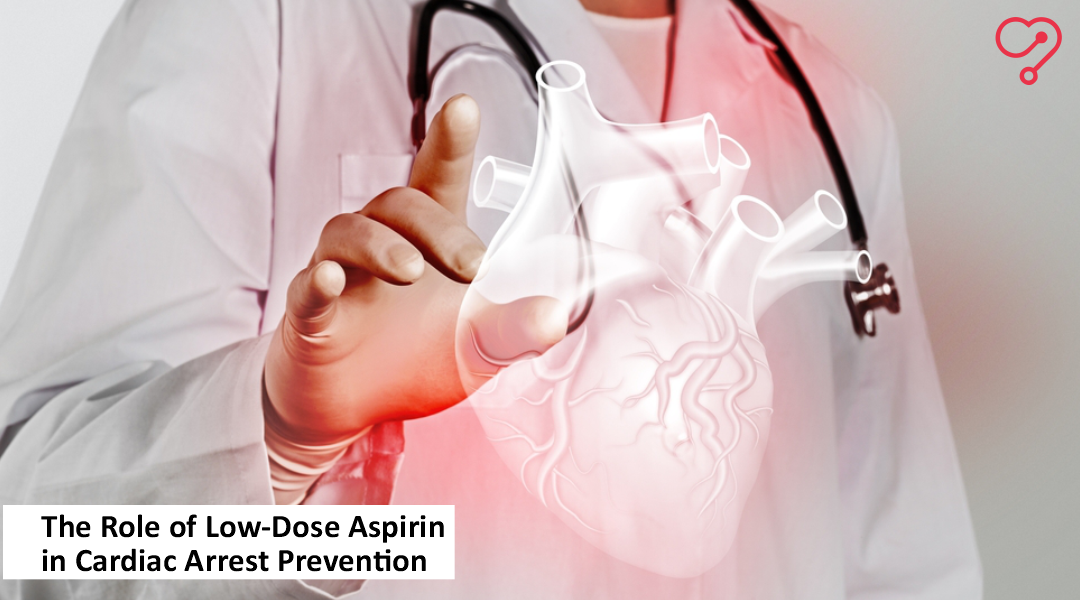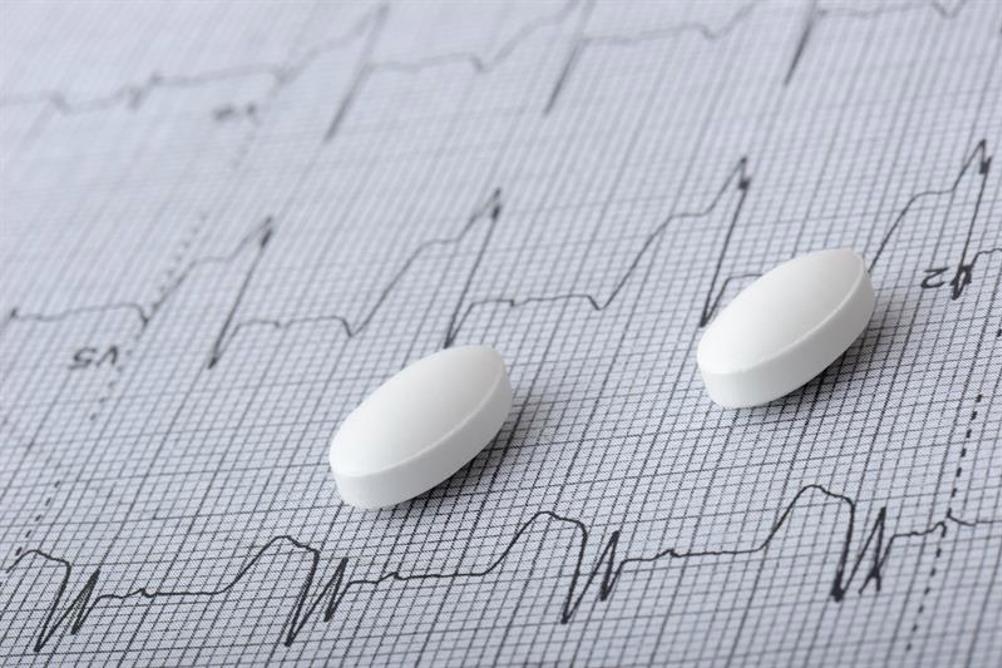The Role of Low-Dose Aspirin in Cardiac Arrest Prevention
In recent years, aspirin has been a household name, often recommended to prevent heart attacks and strokes. But how effective is low-dose aspirin in preventing cardiac arrest? And what should you consider before starting this therapy? This blog post aims to provide a comprehensive overview from a senior non-invasive cardiologist’s perspective, addressing both the potential benefits and the associated risks.
Understanding Low-Dose Aspirin
Low-dose aspirin, typically 75 to 100 mg per day, acts as an antiplatelet agent. It helps prevent blood clots, reducing the risk of heart attacks and strokes. However, its role in primary prevention—preventing a first heart attack or stroke—remains a topic of ongoing debate.
Effectiveness of Low-Dose Aspirin in Preventing Cardiac Arrest
For many years, low-dose aspirin has been seen as a preventive measure for cardiovascular diseases (CVD). However, recent meta-analyses of primary prevention trials highlight a more nuanced picture. While aspirin can indeed reduce the risk of a first heart attack or stroke, it comes with a comparable risk of causing major bleeding events. Therefore, the decision to use low-dose aspirin for primary prevention should be carefully considered.
Recommended Dosage and Frequency ( to be validated)
It is generally advised that low-dose aspirin (75-100 mg/day) may be considered for the primary prevention of atherosclerotic CVD among adults aged 40 to 70 years who are at higher CVD risk but not at increased risk of bleeding. For adults over 70 or those at increased bleeding risk, routine use of low-dose aspirin is not recommended.
Potential Risks and Side Effects
While aspirin can prevent blood clots, it also increases the risk of bleeding, including gastrointestinal bleeding and hemorrhagic stroke. A personalized approach, involving a tailored decision-making process between the patient and healthcare professional, is crucial. Factors such as age, existing health conditions, and overall cardiovascular risk should be considered.
Latest Research Findings
Recent guidelines from the US Preventive Services Task Force (USPSTF) suggest that the decision to initiate low-dose aspirin for the primary prevention of CVD in adults aged 40 to 59 years with a 10% or greater 10-year CVD risk should be individualized. For adults aged 60 years or older, the USPSTF recommends against initiating low-dose aspirin for primary prevention due to the higher risk of bleeding.
Complementary Lifestyle and Dietary Changes
While low-dose aspirin may offer some benefits, it should not be seen as a standalone solution. Adopting a heart-healthy lifestyle can significantly reduce cardiovascular risk. Here are some recommendations:
- Maintain a Balanced Diet: Focus on fruits, vegetables, whole grains, and lean proteins. Limit saturated fats, trans fats, and added sugars.
- Exercise Regularly: Aim for at least 150 minutes of moderate-intensity exercise per week.
- Quit Smoking: Smoking is a major risk factor for CVD. Quitting can significantly improve your heart health.
- Monitor Blood Pressure and Cholesterol Levels: Regular check-ups can help manage these critical factors.
Consulting a Cardiologist
Before starting low-dose aspirin therapy, it is essential to consult a cardiologist. A senior non-invasive cardiologist can evaluate your heart condition and help you make an informed decision about the best course of action. They can also provide guidance on lifestyle changes and other preventive measures to complement aspirin therapy.
Conclusion
While low-dose aspirin can play a role in preventing cardiac events, its use must be carefully balanced against the risk of major bleeding. A personalized approach, informed by the latest research and guided by a cardiologist, is crucial for making the best decision for your heart health.
If you have any concerns or questions about your heart health, don’t hesitate to book a consultation with one of our expert cardiologists. Take control of your cardiovascular health today!






